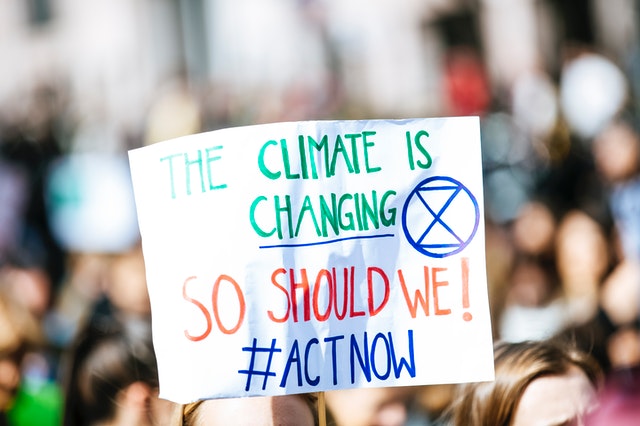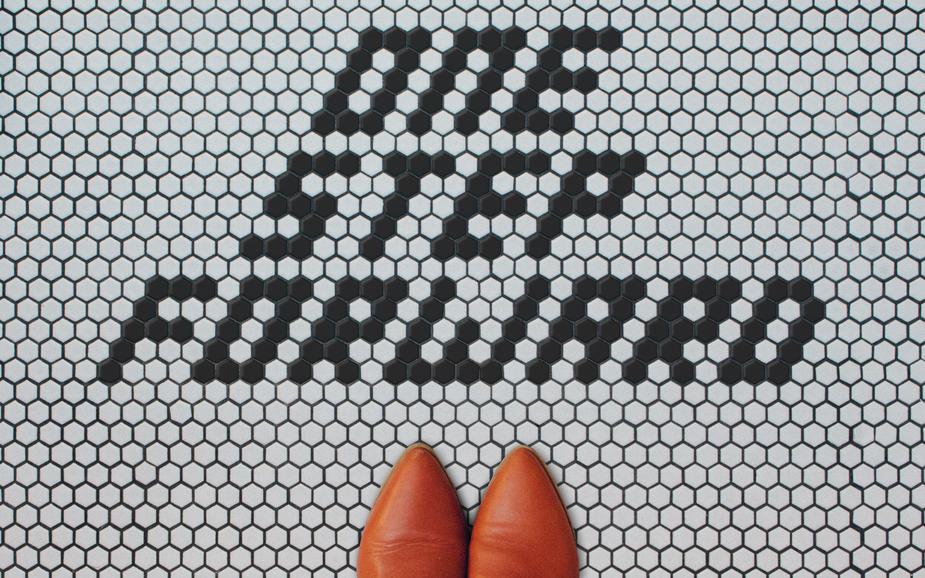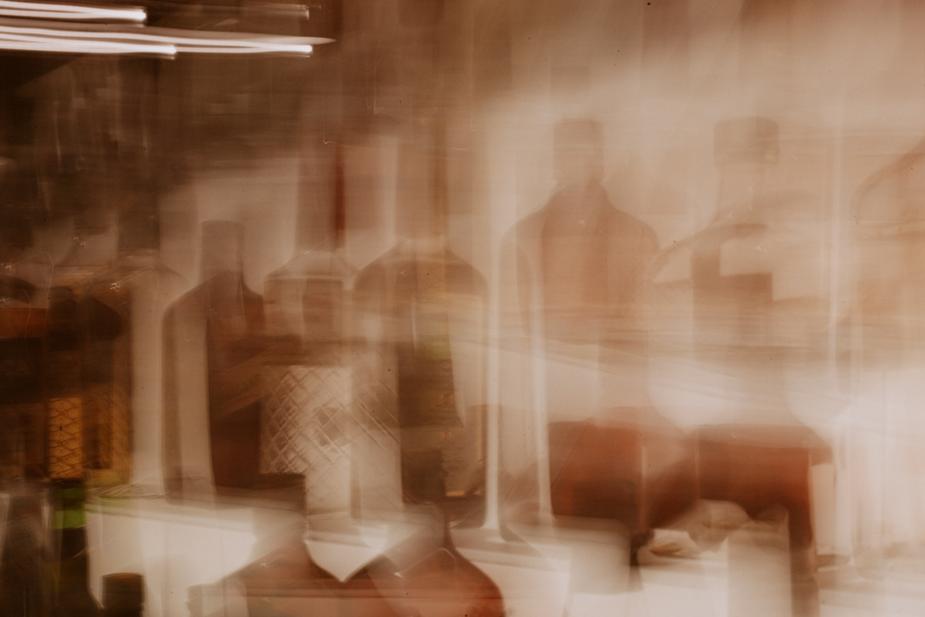
As COP26 draws to a close today there’s no doubt that environmental issues will be high on many agendas. But once the last delegates have headed home, the banners have been taken down and the cameras turned elsewhere, will people still be talking about this?
What if doing the right thing for the climate becomes the new normal?
It might just be that there’s a real groundswell of consumer demand and interest in what every kind of business is doing to meet the targets and actions that might come out of COP26. A moment of holding businesses to account. More than that though.
If more of us are looking for how we do our bit, we might be asking how our buying choices for everything from food to leisure are impacting the environment. We’ll be looking for businesses to be able to tell us the answers about what they are doing.
Someone will come a cropper
I don’t know how long it will take, but there’s almost a guarantee that someone is going to try and greenwash their story. It might be a politician, a government or a business, or just about anyone else. When it’s the big thing, then everyone wants in.
Just not everyone wants to do the work that means they’re really in.
So, how do you ensure it’s not your content that gets the greenwash label attached to it?
Do the right thing
If you set up your business with consideration for the planet and everyone around you right from the start, then that’s your story. There are no dark corners, no skeletons.
You have the power of true authenticity.
You’ve thought about the end to end impact of everything that you do; you’ve worried about what the challenges are and how to answer them. Your brand is a no-brainer for anyone looking for the best choice in a category from a climate perspective.
Or maybe yours is a more well-established business and you had a road to Damascus conversion to this way of working. You’ve still done the worrying, and the work.
I’d think about brands like Patagonia here, where you can feel confident in what they’re doing, and probably easily find those stories in their content.
Do what you can

No one thinks this stuff is easy. If it were easy presumably there’d be no arguing about what’s the best thing to do.
What if you’re trying your hardest, and yet you worry that your business is still not perfect? There are perhaps two routes with your storytelling:
- Don’t talk about anything that you’re doing until you’ve got it all absolutely nailed down and perfect
- Talk about what you’re doing, where the gaps are and what you’re doing.
I worked for a big business for a long time that always took route 1. I think it’s what you’d call the risk-averse route and many big businesses will possibly follow that route. That thinking that it’s better to say nothing than have someone poke around and find the gap or gaps.
This is one of the areas where I think smaller businesses have a content superpower. You don’t have to fabricate authenticity because it’s not going to get lost in rewrites and sign-offs by committees of stakeholders. You can go fast, and go directly to the heart of the issue.
Admit to not being perfect
There are very few people I think we’d trust if they said they had all the answers to this. So I don’t think there’s anything wrong in putting your hands up and saying “we’ve still got some work to do.” I think that’s a much more positive story than either not talking about anything or, worse still, trying to bluff it out.
That way is where the greenwash content will lie. Content with some obvious omissions that will come back and bite at some point.
I worked with Five Dot Botanics on their manifesto. They were very clear that they wanted to point out that they were trying hard on the packaging, but hadn’t reached zero plastic yet. It’s there as something that they’re working on. But with all the positive stuff that they are doing, it would be a shame not to talk about any of it just because of that one thing. They’re not hiding it. And what you don’t hide has less chance of hurting your business.
Don’t be tempted to be vague

There are so many terms floating around that sound good, but don’t necessarily stack up to deeper investigation. Things like “eco-friendly”, “green”, “natural”, and “sustainable”. We’ll probably see these sprinkled ever more liberally for a while until both authorities and consumers demand change.
The Advertising Standards Authority has already clamped down on some of this with different brands. Expect some customers to start asking questions. If you’re going to resort to smoke and mirrors then you’re going to have to be ready to defend the position at some point.
As someone said aeons ago, the truth will out.
Stick your fingers in your ears and pretend it’s not happening
It might be that at the moment this all feels irrelevant to your business. I just looked at a cosmetics brand for example and can find no mention of sustainability issues. Yes, they’re kind to animals, but that’s not a distinctive story.
You can imagine that there might be some of the luxury ends of many markets that are ignoring this. When we watch fragrance ads this Christmas then we might wonder at the world they think we inhabit (to be fair, I’ve been wondering that for a long time).
It might be that this is your business strategy, and your content will continue to be fairy sprinkles, glitter and sparkles. If that works for your business and your customers then stick with it.
But just remember to perhaps keep taking a temperature check with your consumers on these issues. Being deaf and blind to these things may just leave you one day with some surly comments, and potentially dwindling customer numbers.
Burn rocket fuel and eat £1450 Salt Bae steaks for every meal

With every movement, there will be people doing the opposite. People heading off into space and spending money on gold-covered steaks. And there will be businesses that cater to them.
It’s a route, to be the one telling a different story, and just letting the haters hate. Your tribe will find you.
It’s a riskier route, but then you probably already knew that. And don’t care.
And probably don’t read this. Or anything anyone else has to say on any aspect of being a brand in the 21st century.
What route will you take?
At the root of this would be two things to consider:
- What’s important to you and the business you run or set up? What’s your core values?
- What’s important to your customers?
Those things will show you whether you’re sticking with the fairy sprinkles or holding your hands up. If you’re at Salt Bae, well, I’ve no interest in seeing your receipts thanks.
If you want some inspiration, then I enjoyed Helen Waddington’s carbon journey story, which is about what she’s done and what she hopes to do next. You get that real sense of doing the best you can, but also at least actually doing as much as she can. I think it’s a great example of the second route for when there’s still work to be done. If only a few politicians and governments would take a leaf out of Helen’s book!